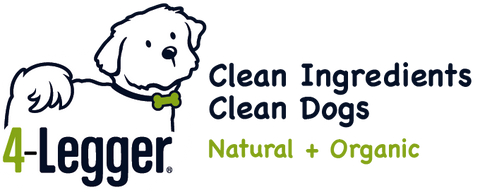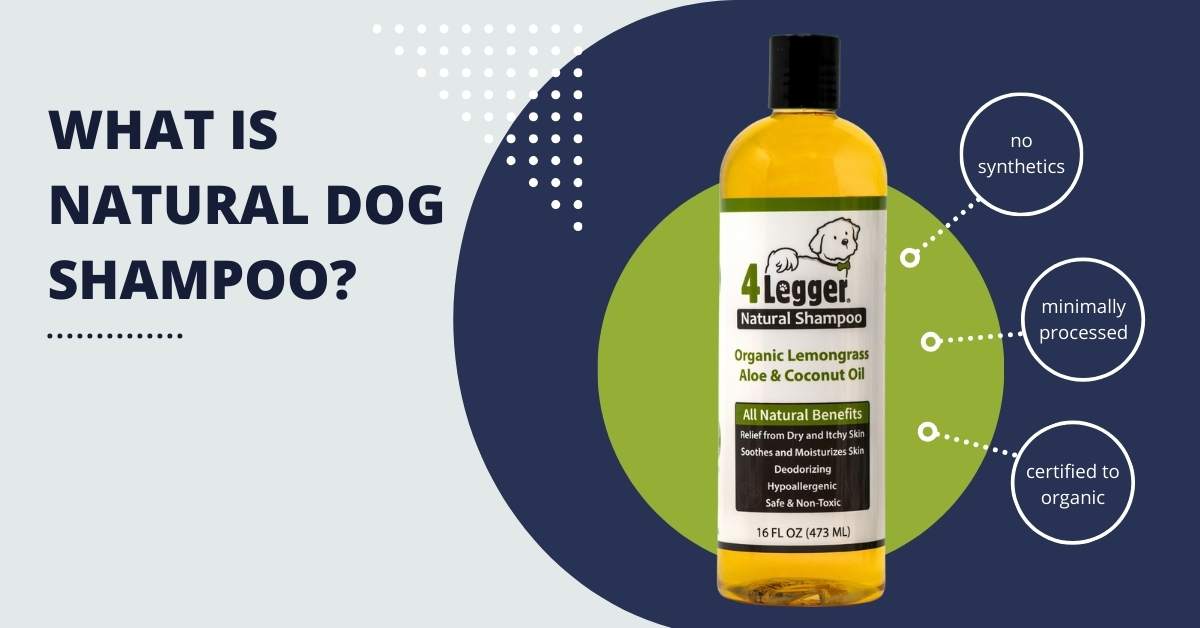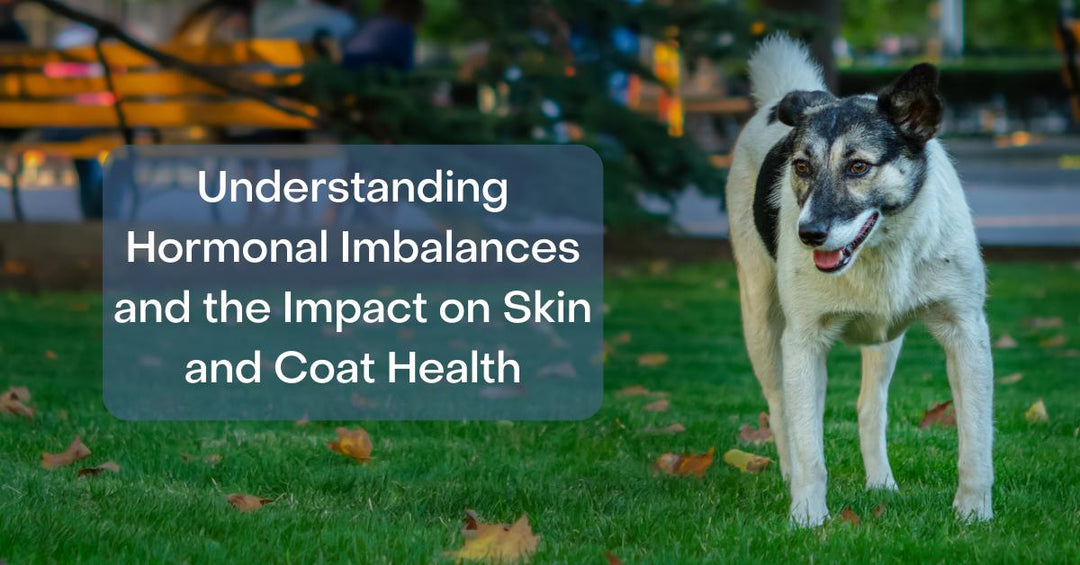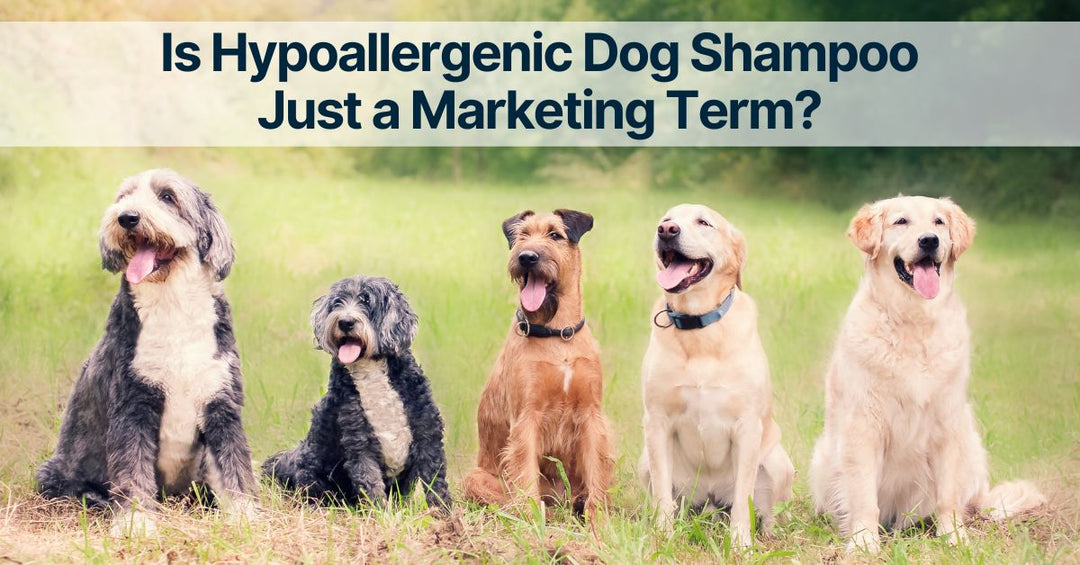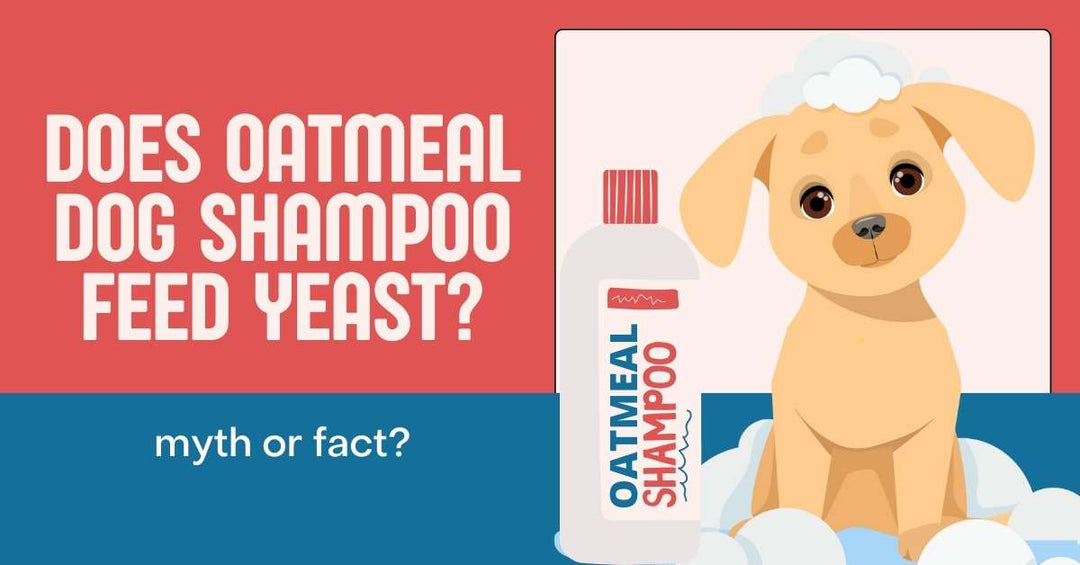What is Natural Dog Shampoo?
Say Goodbye to Toxic Chemicals: How Natural Dog Shampoo Can Improve Your Pet's Well-Being
Are you concerned about the harmful long term effects of chemicals in your pet's shampoo?
Good for you!
It has taken years, but finally pet parents are starting to understand the links between environmental toxins (including pet shampoos and other grooming products) and long term health issues.
Unfortunately, manufacturers have made shopping for natural dog shampoo a confusing labyrinth of marketing terms all designed to get you to put their bottle of shampoo in your cart.
You think if you pick up a bottle of pet shampoo and it says "all natural" that equates to safe and non-toxic; made without synthetic ingredients.
Unfortunately, that is not the case.
Many of the so called natural dog shampoos are not made with real plants. They are made with synthetic chemicals.
Manufacturers make claims that their ingredients are "derived from plants" but to get the ingredient used in the bottle of shampoo, the plant goes through multiple chemical reactions with synthetic chemicals (some of which have links to toxicity).
If those ingredients aren't purified before they are used in the bottle of shampoo, they are exposed to your precious 4-legged family member where they can cross through the skin barrier and into their bodies.
The effects of these synthetic chemicals is cumulative - they may build up in the body causing allergies, itchy skin, hormone disruption, and possibly cancer.
Understanding the Ingredients in Traditional Dog Shampoos
Traditional dog shampoos (any that are non-organic) often contain a cocktail of synthetic chemicals that can have long term health effects.
These chemicals, such as sulfates, parabens, preservatives, and artificial dyes and fragrances, can cause skin irritation, dryness, allergic reactions, and even expose your dog to ingredients linked to cancer.
Sulfates, commonly found in shampoos, are surfactants that create lather. While they may effectively remove dirt and oil, some sulfates have links to contamination with 1,4-dioxane, known to cause cancer.
Parabens are preservatives used to extend the shelf life of products. They have been linked to hormonal disruptions and have been found in tumors and cancerous tissues.
Other types of preservatives like DMDM Hydantoin are a slow releasing formaldehyde which has links to cancer, allergies, and skin irritation.
Artificial dyes, often used to give shampoos a vibrant color, can cause allergic reactions and skin sensitivities in pets. Dogs with sensitive skin are particularly vulnerable to these chemicals, so using natural dog shampoos made with saponified oils like 4-Legger can help prevent adverse reactions.
Artificial fragrances may make a shampoo smell great but they are made from a toxic cocktail of synthetic ingredients with links to hormone disruption and other long term health impacts.
Is All Natural Dog Shampoo Really Natural?
There are hundreds of dog shampoos on the market that all claim to be all natural.
Are they?
It really depends on the ingredients.
You can use the Pet Shampoo Ingredient Database to see if an ingredient is really all natural or if it is made from synthetic ingredients.
4-Legger's definition of natural dog shampoo means that it is made from minimally processed real plants AND it is certified to organic standards through the National Organic Program.
What do these two things mean? Let's dig a little deeper.
What does Minimally Processed Natural Dog Shampoo Mean?
Natural dog shampoo with minimally processed from real plants means each individual ingredient is grown in soil and after harvesting, it only goes through 1-2 chemical reactions before it is bottled, using only naturally occuring chemicals that are on the National Approved List of Ingredients regulated by the National Organic Program. For instance, potassium hydroxide or sodium hydroxide which are used in the saponification process when making natural soap.
Examples:
- All of the essential oils 4-Legger uses are steam extracted from plants and bottled. They are then shipped directly to us where they are added into our shampoo without any alternations.
- The olives are pressed to extract the olive oil and then saponified in kettles and bottled.
- The hemp oil is harvested and used in the shampoo without any alterations.
An example of an ingredient that is not minimally processed would be cocamidopropyl betaine (CAPB) which goes thorough multiple reactions before the plant (a coconut) is converted into its final ingredient.
CAPB is a compound commonly found in dog shampoos that claim to be all natural. Its production involves several chemical reactions, typically starting from raw materials such as coconut oil or palm kernel oil.
Here's a simplified overview of the process:
-
Fatty Acid Production: The raw materials (coconut or palm kernel oil) undergo hydrolysis (saponification or a similar process) to produce fatty acids.
-
Amine Production: One of these fatty acids, typically lauric acid, is then reacted with dimethylaminopropylamine (DMAPA) to form an amidoamine.
-
To get dimethylaminopropylamine, you start with acrylonitrile which is typically produced from propylene through a process called ammoxidation. Propylene, ammonia, and oxygen (or air) are reacted in the presence of a catalyst to form acrylonitrile.
-
The acrylonitrile is then hydrogenated to produce 3-aminopropylamine. This reaction involves the addition of hydrogen to acrylonitrile in the presence of a catalyst.
- The 3-aminopropylamine is then methylated to produce dimethylaminopropylamine. This step usually involves reacting 3-aminopropylamine with methanol, again in the presence of a catalyst.
-
Quaternization: This amidoamine is further reacted in a process called quaternization, where it is treated with sodium monochloroacetate, resulting in the formation of cocamidopropyl betaine.
Each of these steps involves at least one chemical reaction, and there may be additional steps for purification and modification depending on the specific production method and desired properties of the CAPB. Bottom line, the production of cocamidopropyl betaine involves multiple chemical reactions and is not considered to be minimally processed. Worse, a contaminant of this ingredient is nitrosamines which has links to cancer. So, if the manufacturer didn't pay to purify the final ingredient before use, it is simply not a safe ingredient to expose to your dog or cat.
What does USDA Certification Mean?
A pet shampoo certified to organic standards is not the same thing as a bottle of shampoo that contains a few certified organic ingredients.
Dog shampoo certified to organic standards, like 4-Legger dog shampoos are evaluated by an independent third party to oversee our accountability and transparency of ingredients, and marketing terminology.
Some other differences include the following:
| Certified to Organic Natural Dog Shampoo | Dog Shampoo that Contains Organic Ingredients | |
| May Contain Synthetic Ingredients | X | |
| May Contain GMO ingredients | X | |
| May be Treated with Pesticides | X | |
| May be Treated with Herbicides | X | |
| EVERYTHING in the bottle meets the USDA standards for use in organic products | X | |
| Marketing claims on the bottle are subject to 3rd party approval by the USDA certifying agency | X |
Benefits of Natural Dog Shampoos
Truly natural dog shampoos like 4-Legger that are USDA Certified to Organic Food Standards are formulated with organic and plant-based ingredients that are safe and gentle on your pet's skin.
The ingredients are minimally processed using nature's finest ingredients including natural extracts, essential oils, and other beneficial ingredients that promote a healthy coat and skin.
They are formulated to nourish and soothe the skin while promoting a healthy and shiny coat with clean ingredients.
Most importantly, a true natural dog shampoo that is certified to organic standards does not contain ANY synthetic ingredients, eliminating the risk of exposure to ingredients that have links to potential long term health concerns.
Make the switch to natural dog shampoo and give your pet the care they deserve. With safe and non-toxic formulations, you can have peace of mind knowing that you are taking an important step towards improving your pet's overall well-being and long-term health.
